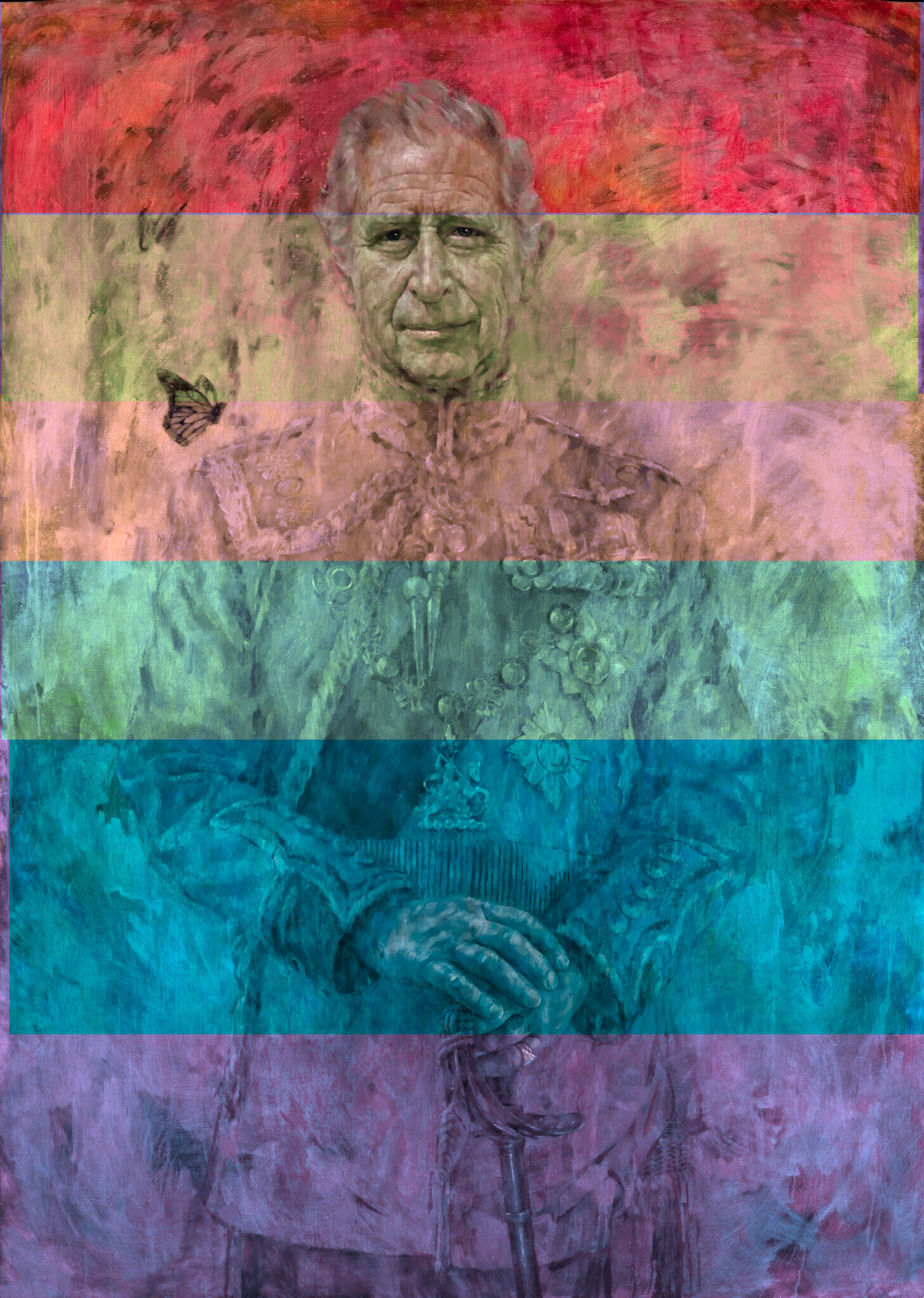I’ve heard that the middle class doesn’t exist, but I’ve also heard that the rising middle class was necessary for capitalism. Is there a principled definition, because China seems concerned about growing their middle class.
What does it mean to you, I guess?
First of all, historically the middle classes referred to the bourgeoisie who were in the middle compared to the landed aristocracy. Nowadays it means the petite bourgeoisie, e.g. small business owners, learned professionals, middle managers, who are in the middle compared to the bourgeoisie.
The idea that “the middle class doesn’t exist” is, as far as I know, a misunderstanding of Marxist class analysis. Marxist class analysis isn’t really about defining a label for each individual, and classes are often reabstracted, re-split from society, differently depending on the specific goal of the analysis. It is correct to say that “modern society consists of the bourgeoisie and the proletariat (no middle class)” when it is appropriate for understanding some phenomenon, but incorrect to claim someone’s analysis is wrong because they used the concept of the middle class, or any class for that matter.
Second query:
With respect to class relations and productive assets, does middle class exist in a Marxist sense in the US via home/stock ownership?
Home ownership in the US is not simply ownership, it is a financial instrument to be leveraged toward retirement. Home ownership is tied to the rube Goldberg machine of high finance. High paid labor aristocracy don’t “own the means of production”, but they do “buy into the system” via stock ownership and the financialization of homes. They don’t go to board meetings or make decisions, but their class interests do often align with bourgeoisie because of their “wealth” of vague financial investments.
Does this not make them a “middle class” between bourgeoisie proper and poor proletariat?
In Marxist dialectics, it is important to tolerate a sort of fuzzy middle ground between opposites (in this case the proletariat and the middle class). Here, the extreme ends of stock/home ownership land people solidly in either class, it would be ridiculous to claim that owning any stock at all makes you middle class, or that someone making most of their money from stocks is proletarian, but the middle is more unclear.
For most purposes an exact line does not need to be drawn because the object of study is not an individual, and doing that would introduce a seed of idealism. Around what part of the spectrum our vague idea of a line is located depends on our reason for doing the analysis.
For example, if we look at the evolution of American ideology, it would be fair to claim that owning significant assets makes people more receptive to middle-class and bourgeois ideas, and owning more probably makes you more receptive. Here it would likely be useful to call people owning significant assets middle class. On the other hand, if a party has a quota of a proportion of members who must be proletarian, it does not make sense to reject people based on the value of their home, so the same people who might have earlier been middle class are now, for this different purpose, considered proletarian.
Interesting, I was neglecting dialectics in my class analysis. I’ve never read Hegel proper.
I think this is the sort of thing I was looking for. Yes there are two great classes, but they do exist on a spectrum and the individual differences matter less than the general trends. Thus it’s okay for the middle class to not have a specific, single definition.
The bourgeoisified proletariat: imperial core workers that are elevated above the rest of the working class by being high up on the value added production chain and by the redistribution of imperialst superprofit through investments and properties.
Their access to other means of wealth accumulation besides labor (and their very high wages besides) allow them to acquire even more investments/properties and even have a reasonable expectation to move up the class ladder (become a business owner or landlord, etc).
They have a bourgeois culture, bourgeois lifestyles, and bourgeois politics. However this “class” is artificial, it was created to maintain labor peace and it’s collapsing because the empire is collapsing.
The Middle Class in the US was a tool. It was used to coerce the poor to work harder and threaten the comfortable wirh poverty.
It hasn’t existed for a decade or two. At least not as it did 30 or 40 years ago.
Well… you see, there’s the front of the class and then theres the back of the class and in between the two is the middle class.

My non-academic answer:
The group of people in a capitalist system, who aren’t capital “C” capitalists, whose material conditions are such that their needs are met. Things like, a reliable job, steady income, a reasonably okay place to live, the ability to maintain a small savings, have a family and not feel like every month is a struggle to figure out how to pay bills, etc.
by one definition, a fiction invented by the bourgeoisie to obfuscate the battle lines in the class war
by another definition, proletarians whose wealth and standard of living are improving, though obviously not to the point of reaching that of the bourgeoisie. not terribly distinct from labor aristocracy IMO
 10·2 个月前
10·2 个月前There are two definitions:
A class analysis, a leftist one.
And a wealth analysis, a liberal one.The first one does exist, and the others have expanded upon it. The second “does not exist”, it is not a class, it is not about relations to MoP, but an ill defined wealth measure. Liberal politicians are talking about the second one when they use the phrase.
Liberal politicians are talking about the second one when they use the phrase.
Also as a dog whistle to cater to whites.
It’s a way to show the working class that things could get worse for them if they don’t play along, and a way to divide it into conquerable groups.
To add to the answers in this thread, I’d argue there are a significant number of people who identify that way because they have a level of financial security that comes from home or land ownership and is dependent on that land appreciating in value.
That’s not guaranteed to last forever, but it does meaningfully separate them from those who are fully reliant on wage labour to meet all their material needs.
What’s the deal with the middle class?
On one side, you’ve got the bourgeoisie: the upper crusters who own everything and work 5000 times as hard as us. At least, that’s what my landlord says.
Then you got the proletarains. Rahh! Now that’s a real class! If you’re not owning, you’re working. And if you’re working, you’re a prole!
But the news and the politicians, they’re always talking about the middle class. Middle class, the middle class! Folks, where are they? You got the workers and the owners, who’s in the middle? Are they even real, or is it just some sort of fantasy like Chuck Schumer’s votersonas?
The middle class is the period of school when Jerry picks up his girlfriend by pretending to be her dad so she can leave early.
The middle class is the bourgeoisie who existed between the upper class of the aristocracy and the lower class of the peasantry. So when politicians say they have to “bring prosperity to the middle class,” it’s the bourgeoisie pissing in your face.
Like pissing in your face in a good way or bad way?
A myth
The petit bourgeois, people who partially own the means of production and make most of their income from ownership but must subsidize it with labor. Examples include small business owners, landlords who own property as an investment but also have a job, partners at a firm, or other people who have a vested interest in the success of the bourgeoisie but also sell labor. The middle class is very small and is not just another way of saying educated professionals and middle managers.
deleted by creator







